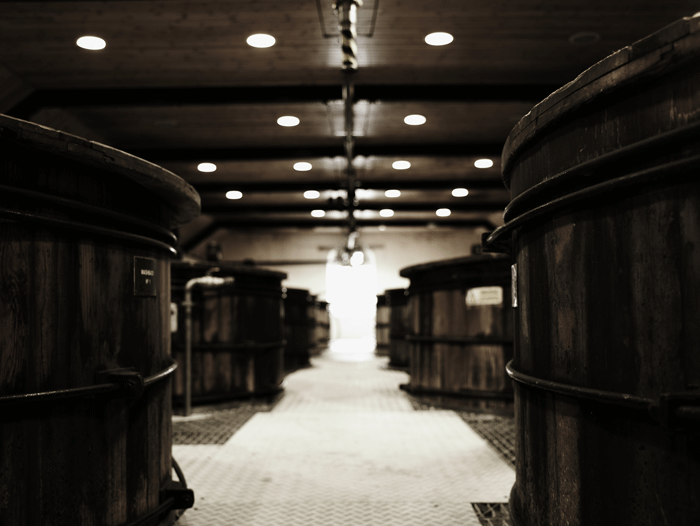How to collect whisky – part two
Author: Ronnie Cox
The Glenrothes produces vintages (not the standard 12-, 15- and 21-year-old versions) which makes it immediately collectible. It has a growing number of aficionados, some of whom actively seek out the missing vintages to complete their collection, but all of whom seem to have grown a passion for the brand. The volume of bottles for each vintage of Glenrothes has been limited to two percent of the distillery’s annual production. The result: they run out quickly, thereby breeding further scarcity and creating a secondary market which we at Berry Bros. & Rudd no longer control. Hence a bottle of The Glenrothes 1972 purchased in 2004 for £75 is now selling at over £450, despite tasting exactly the same as it did 10 years ago – quite outstandingly delicious.
Similar things are happening to the lesser-sized Balblair (which copied our vintage concept in single malt whisky) and to the classic distilleries like Glenfarclas and Springbank with one-off expressions. Even distilleries which master blenders wouldn’t normally touch have produced some absolute crackers and are now becoming very valuable. And like wine, whisky is considered a perishable good and carries the same zero Capital Gains Tax treatment, provided play is within the rules.
Producing great spirit is crucial, but unless you have excellent wood and make the right cask selection at the right time, the best results will never be achieved and disappointment comes as sure as night follows day. The bottled Macallan is certainly in the premier division for collectors (it is the most sold brand at auctions), but is there really any reason why others using a similar wood policy and cask selection shouldn’t command this top-quality spot? Which ones will be the diamonds, the Macallans of the future? And are great whiskies measured by their taste or their perceived financial value?
I do have a personal collection of whiskies and not many of them are very old. Rarity is what I look for and, of course, the ‘brands’ of the future. You see, I think that in the future people will recognise that age is only part of the equation, and that certain expressions are infinitely preferable to others of much older age. I don’t actually like selling any of my small collection for I am full of anticipation that my retirement will require much more than I’ve already purchased. The great news is that whisky, unlike wine, does not change in the sealed bottle provided it is kept upright and at room temperature or slightly below. I’m happy in the knowledge that if I don’t drink them all, my children and surviving friends will have some expensive fun at the wake.
Read part one of Ronnie’s piece on collecting spirits.



